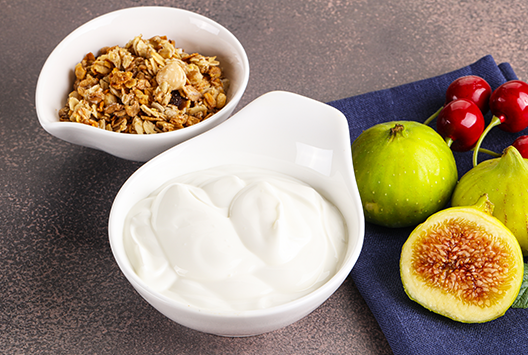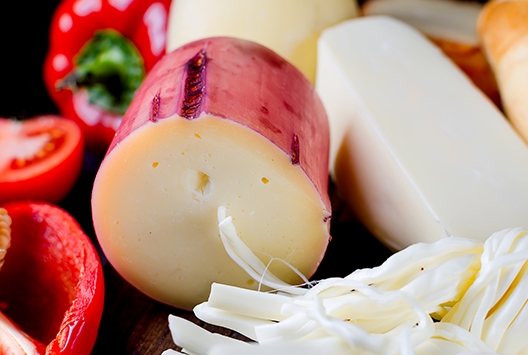
Everything You Need to Know About Greek Yoghurt
Similar
Greek yoghurt is a type of yoghurt that has become increasingly popular in recent years due to its high protein content and creamy texture. Greek yoghurt is an excellent source of calcium, protein, and probiotics, making it a nutritious and delicious snack or breakfast option. Are you ready to learn everything you need to know about Greek yoghurt?
How Greek yoghurt is made
Greek yoghurt is made by straining regular yoghurt to remove the whey, resulting in a thicker, creamier product. The process of straining the yoghurt is done using a cheesecloth or a fine-mesh strainer. The whey (liquid) is removed, and the remaining yoghurt is placed in a container for several hours or overnight. The yoghurt is then ready to be enjoyed!
What are the benefits of Greek yoghurt?
1. Rich in protein
When it comes to nutrition, Greek yoghurt is a winner. It is high in protein, containing around twice as much as regular yoghurt. This makes it an excellent option for those trying to increase their protein intake or build muscle.
2. Can be added to various recipes
Greek yoghurt is a type of yoghurt that is thicker and creamier than regular yoghurt. It is a great addition to many dishes and can be used in various ways. Greek yoghurt can be used as a topping for salads or baking recipes, as a substitute for sour cream in sauces, or as a snack with a bit of honey or fruit.
3. Helps your gut
Greek yoghurt contains live bacteria that can help improve the balance of good bacteria in the gut, making it easier for the digestive system to absorb the nutrients it needs and reduce uncomfortable symptoms such as bloating, constipation, and indigestion.
4. Strengthens your bones
Greek yoghurt is a fantastic way to get your daily dose of calcium. This nutrient helps keep our bones and teeth strong and healthy. Additionally, it can be blended into smoothies for an extra protein punch or used as a healthier substitute in baking recipes instead of cream cheese or butter.
What to look for when buying Greek yoghurt
1. The label should indicate whether the yoghurt has been strained. Straining the yoghurt involves removing the liquid whey and other liquids, resulting in a thicker and creamier texture.
2. To be considered probiotic yoghurt, the yoghurt must contain live and active cultures of beneficial bacteria. These bacteria help promote a healthy digestive system and provide other health benefits.
3. It is important to look closely at the nutrition label to identify any extra sugars or other artificial components, such as artificial sweeteners, that may have been added to the food.
Greek yoghurt is a delicious & healthy treat
Greek yoghurt is worth considering if you’re looking to increase your protein intake or enjoy a creamy snack.
If you want to add Greek yoghurt to your daily meals, look for Baladna! We are a trusted dairy and beverage company in Qatar that offers authentic, fresh and quality dairy products.



